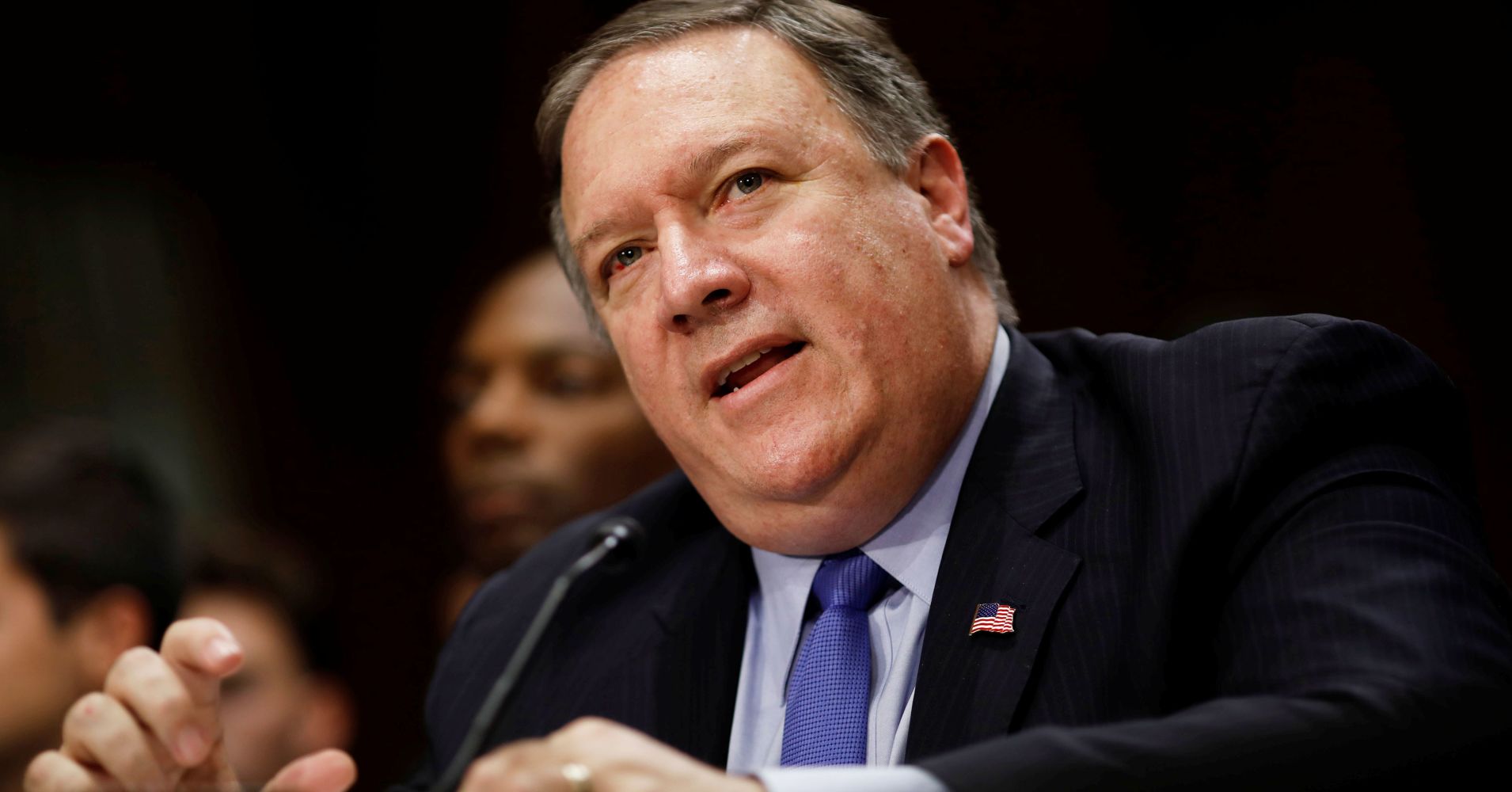
U.S. engagement with Southeast Asia under President Donald Trump is typically framed as a counter to Chinese dominance in the region. While the issue of Beijing’s influence will likely come up during Secretary of State Mike Pompeo’s tour of the area this week, it certainly won’t dominate his talks with policymakers.
Days after announcing a $113 million infrastructure fund for Asia-Pacific economies as part of the White House’s Indo-Pacific blueprint, Pompeo is expected to flesh out details of that policy during a five-day visit of Malaysia, Singapore and Indonesia that began Wednesday.
The trip comes at a time of deep skepticism in Southeast Asia about Washington’s policies.
Washington’s pressure on other governments to reduce trade deficits is a major focus for many countries — the U.S. Trade Representative in April warned about Jakarta’s trade barriers — as is Trump’s willingness to reduce his country’s military footprint overseas. At the conclusion of the U.S.-North Korea summit in June, the American president said he would suspend annual military exercises with South Korea in a surprise concession that unleashed widespread security unease.
Pompeo’s trip “is crucial to advancing American interests in a region where showing up is half the battle,” said Michael Mazza, visiting fellow in foreign and defense policy studies at the American Enterprise Institute, a conservative think tank.
The U.S. concept of a “free and open” Indo-Pacific has also rung alarm bells in Southeast Asia.
“Several have worried that the Trump administration could force countries in the region to choose openly between Washington and Beijing, a move that they say would backfire,” Joshua Kurlantzick, senior fellow for Southeast Asia at the Council on Foreign Relations, said in a note.
While many in the region share American concerns about Beijing’s investments, trade practices and activities in the South China Sea, it remains to be seen if states will publicly endorse the Indo-Pacific strategy, according to Kurlantzick.
Singapore Prime Minister Lee Hsien Loong, for one, has repeatedly warned about the dangers of Asian nations being forced to pick between the U.S. and China.
Governments will be keen to find out exactly what kind of role they will play in Washington’s Indo-Pacific vision, which remains vague, said Mazza. “Hopefully, Secretary Pompeo will use his travels this week as an opportunity to begin laying out a comprehensive American strategy for Southeast Asia — explaining why it matters, what U.S. goals are, and how the United States will work to achieve them,” he added.
Democracy and rights are currently hot topics in Southeast Asia amid criticisms of Philippine President Rodrigo Duterte’s strongman politics and newly re-elected Cambodian Prime Minister Hun Sen’s crackdown on civil liberties. Under previous administrations, the world’s largest economy has used its clout to support democratic standards, but it’s not clear whether the Trump government will do so.
“Will Pompeo use the Free and Open Indo-Pacific concept to focus on rights and democracy regionally, or is a real focus on rights and democracy impossible given the White House’s own focus on sovereignty and general de-emphasis of rights issues in U.S. policy?” said Kurlantzick.
Pompeo could also seek to reassure anxieties about a knock-on effect from the U.S.-China trade dispute. Southeast Asian nations are seen as vulnerable to Trump’s tariffs because they are a significant contributor to Chinese exports headed stateside.
Concerned about illegal fuel sales to Pyongyang, the secretary of state may also press nations to maintain sanctions against North Korea, a U.S. official told Reuters this week. “We plan to use these meetings to remind all countries of their obligations and adherence of U.N. Security Council Resolutions,” the unnamed official said.

